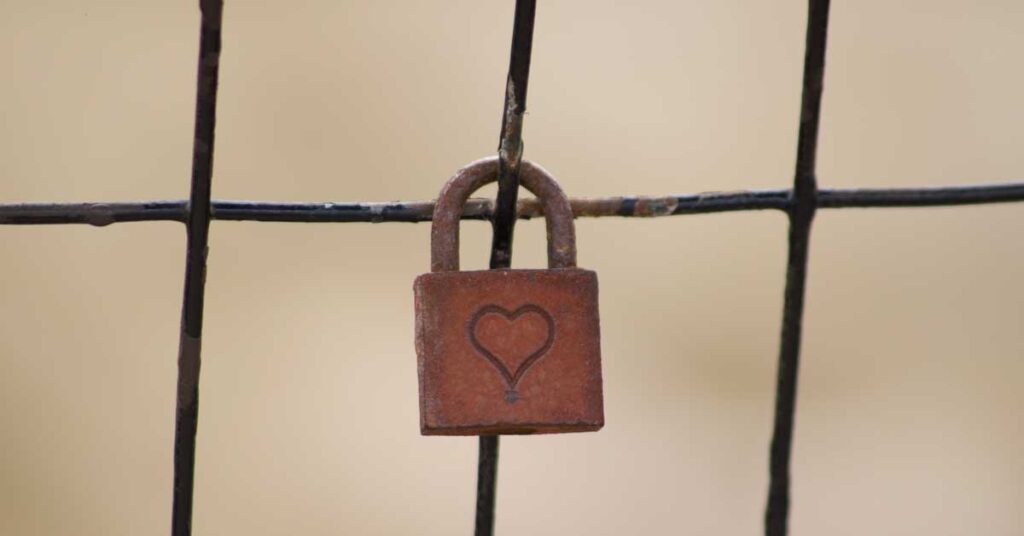It’s time to upgrade your living quarters, but you’re now faced with a dilemma: should you sell your home before moving on, or keep it as an investment property?
There’s no single answer to this question as it depends on your individual circumstances. And both keeping and selling property come with financial implications that need to be considered before you come to any decision. We explore some of these below.
Selling versus leasing
In some cases, selling your property rather than keeping it makes better financial sense. The reason why is that if you sell your current property for more than its mortgage, you can put this profit towards a deposit for your new place.
But if you keep your home as an investment, this money stays as equity in the property. While you can borrow against this equity to buy your next home, this often means you’ll end up with a larger home loan.
To see how this works, consider the two following scenarios. In both, you own a home worth $500,000 with a $100,000 mortgage. You want to buy a new property for $800,000.
(To keep things simple, we’ve excluded stamp duty, agent’s fees and other transaction costs from the two scenarios.)
Scenario 1: Selling before buying
- If you sell your existing home, you’ll have $400,000 profit once your existing mortgage has been paid. If you use this as a deposit, you’ll have to find another $400,000 to buy the new place.
Scenario 2: Keeping the first home
- If you keep the property, then you’ll still have the existing $100,000 mortgage. On top of this, you’ll need to find another $800,000 for your new place.
While your debt is larger in the second scenario, you now own two properties rather than one. And these properties have a combined worth of $1,300,000 (as opposed to $800,000 in the first scenario).
On top of this, you might also get the benefit of ongoing rental income as well as any capital gains made over time. Then there are the potential tax deductions – depending on if the property is negatively or positively geared. But on the downside, if you end up selling your property after holding it as an investment, it’s likely you’ll have to pay capital gains tax too.
All in all, there’s a lot to consider! As such, it’s a good idea to speak with a financial adviser as you work out which option best suits your financial needs and goals.
Has your current home got rent appeal?
Keep in mind that there are some key differences between what makes a good property to live in versus what makes it a good investment property. And the most important of these is something you can’t change: location.
Before coming to a decision, do some research into your local market conditions. Talk to an experienced real estate agent and find out:
- What the rental demand is like for a similar property
- What the vacancy rate is (the lower the better)
- What average rents are
Then take a critical eye to your property as you may need to spend money getting it up to rental standard. As well as being marketable, it needs to be compliant with safety legislation.







